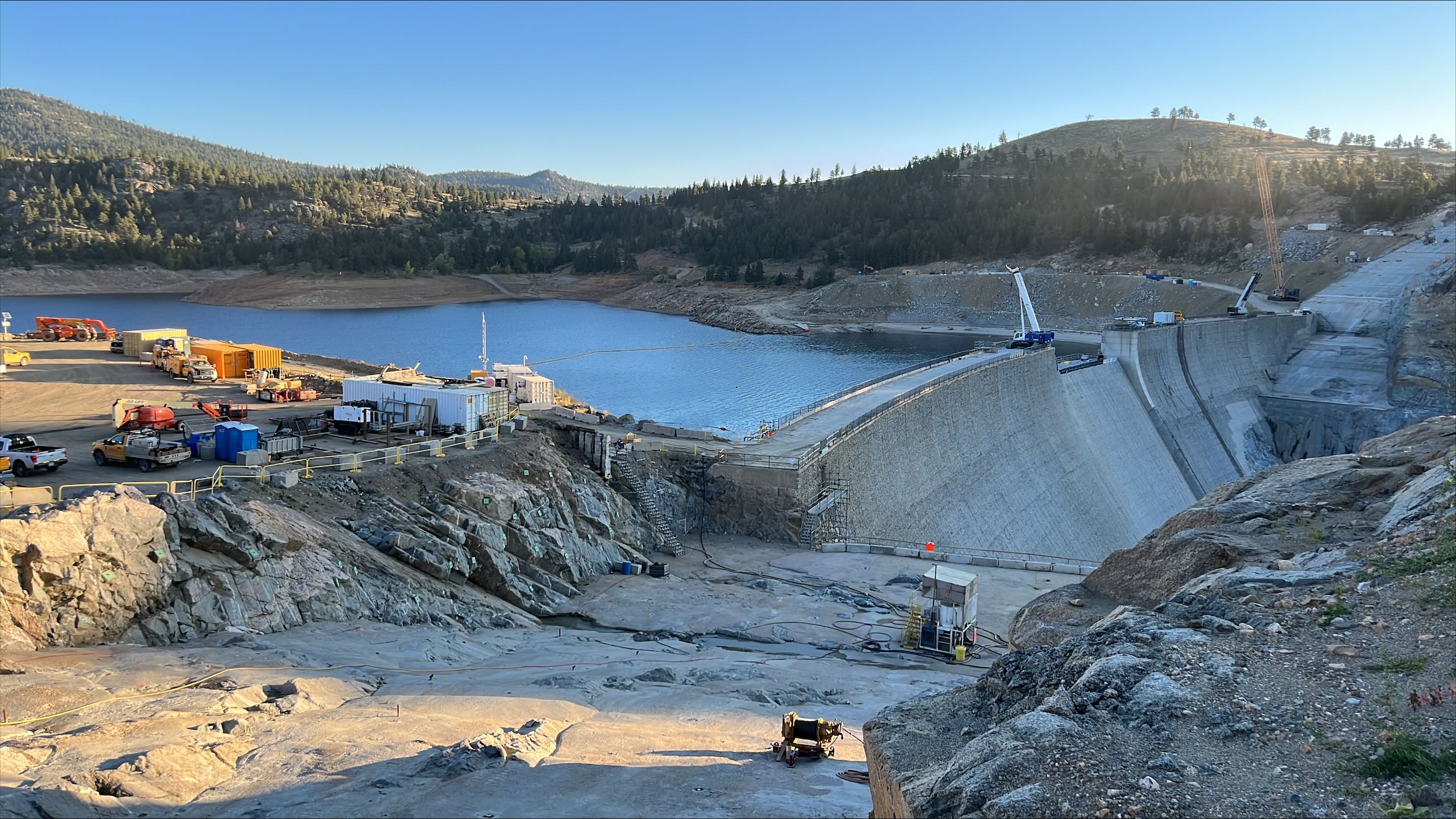

Geotechnical Engineeering
Geotechnical Engineering, a subset of civil engineering, Is the application of soil and rock mechanics principles to the development of infrastructure. It includes the analysis, design and construction of foundations, slopes, retaining structures, embankments, roadways, tunnels, levees, wharves, landfills and other systems that are made of or are supported by soil or rock.
See this informative video created by the International Society of Soil Mechanics and Geotechnical Engineering (ISSMGE)
whatisgeotech.org
From the American Society of Civil Engineers (ASCE):
Geotechnical engineering utilizes the disciplines of rock and soil mechanics to investigate subsurface and geologic conditions. These investigations are used to design, and build foundations, earth structures, and pavement sub-grades.
From the Norwegian Geotechnical Institute (NGI):
From a scientific perspective, geotechnical engineering largely involves defining the soil's strength and deformation properties. Clay, silt, sand, rock and snow are important materials in geotechnics. Geotechnical engineering includes specialist fields such as soil and rock mechanics, geophysics, hydrogeology and associated disciplines such as geology. Geotechnical engineering and engineering geology are a branch of civil engineering.
The specialism involves using scientific methods and principles of engineering to collect and interpret the physical properties of the ground for use in building and construction.
From Holtz & Kovacs Introduction to Geotechnical Engineering:
There are really 3 branches of geotechnical engineering:
1. Soil Mechanics
2. Rock Mechanics
3. Foundation Engineering
Soil Mechanics – Involves the engineering mechanics and properties of soils. It applies the basic principles of mechanics to the soils, including kinematics, dynamics, fluid mechanics, and mechanics of materials.
Rock Mechanics - Involves the engineering mechanics and properties of rocks. It applies the basic principles of mechanics to the rocks, including kinematics, dynamics, fluid mechanics, and mechanics of materials.
Mechanics is the physical science that treats the action of forces on bodies (Spangler & Handy).
In order to build with or on soil (or rock), the properties and behavior of the soil (or rock) must be known.
Foundation Engineering – Foundation engineering applies geology, soil mechanics, rock mechanics and structural engineering to the design and construction of foundations for civil engineering and other structures. Must be able to predict performance or response of foundation soil or rock to load imposed by the structure. Primary considerations of any constructed facility is performance, economy, and safety.
Primary issues that foundation engineer must deal with are
Is Geotechnical Engineering a career for you? (Hayward Baker)
SWE Article - Geotechnical Engineering